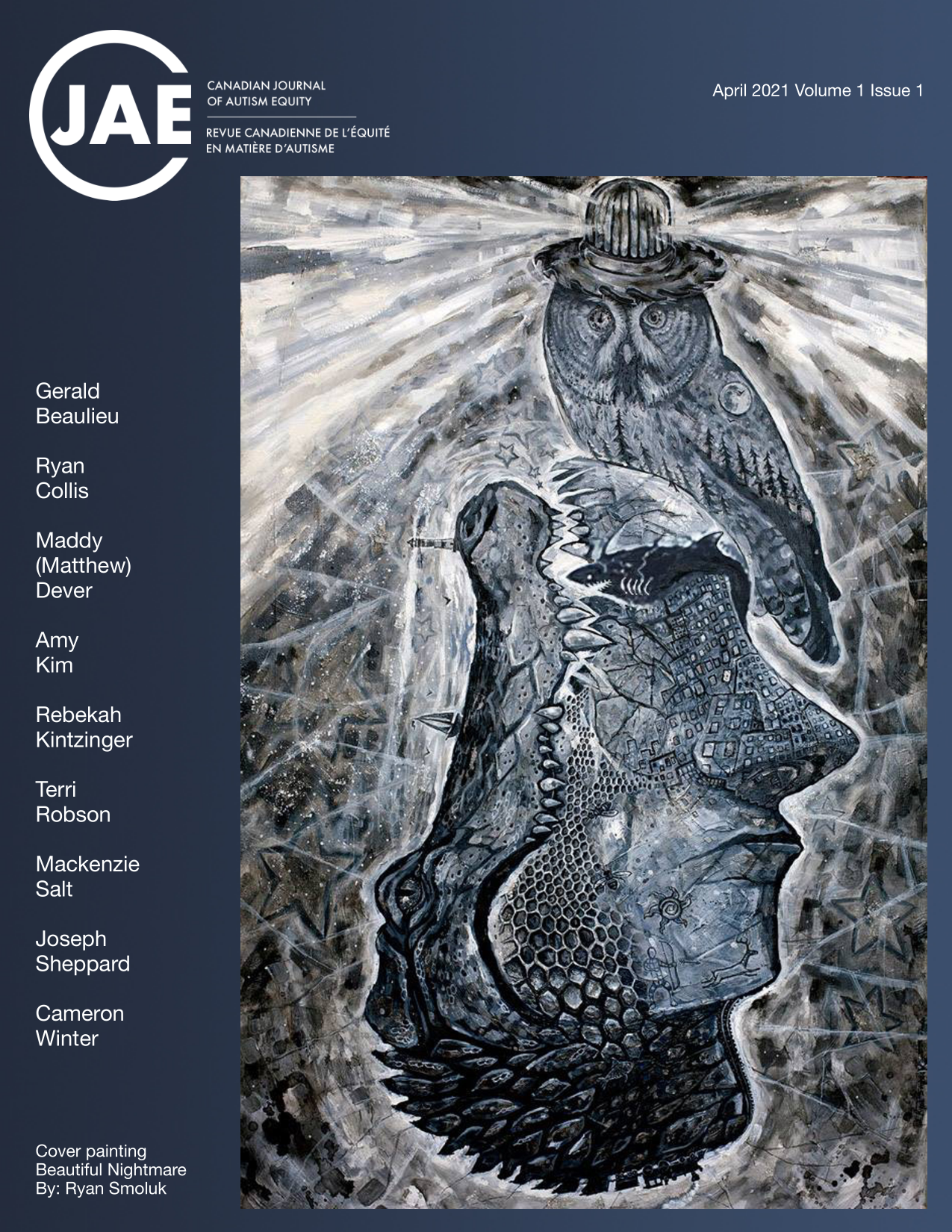Nothing to Bragg About: Examining the Search for Autistic Representation in History
DOI:
https://doi.org/10.15173/cjae.v1i1.4988Keywords:
Autism, history of neurodiversity, Braxton Bragg, American Civil WarAbstract
Using the career of infamous Confederate General Braxton Bragg as a case study, this article poses questions about how we search for and discuss possible examples of Autistic people in history. The article contends that we need to reconsider what we hope to accomplish when posthumously diagnosing historical figures and the way in which those discussions are structured, cautioning against both the hunt for role models and the tendency towards defining people by their disability.
References
Cozzens, P. (1991). No Better Place to Die: The Battle of Stones River. University of Illinois Press.
Cozzens, P. (1996). The Shipwreck of Their Hopes: The Battles for Chattanooga. University of Illinois Press.
Cozzens, P. (1994). This Terrible Sound: The Battle of Chickamauga. University of Illinois Press.
Grant, U. S. (2017). The Personal Memoirs of Ulysses S. Grant: The Complete Annotated Edition (J. F. Marszalek, D. S. Nolen, and L. P. Gallo, Ed.). The Belknap Press of the Harvard University Press.
Hess, E. J. (2016). Braxton Bragg: The Most Hated Man of the Confederacy. The University of North Carolina Press.
Powell, D. A. (2010). Failure in the Saddle. Savas Beatie LLC.
Downloads
Published
How to Cite
Issue
Section
License
Copyright (c) 2021 Cameron Winter

This work is licensed under a Creative Commons Attribution-NonCommercial-ShareAlike 4.0 International License.
Authors retain copyright and grant the journal the right of first publication with the work simultaneously licensed under a Creative Commons Attribution License that allows others to share the work with an acknowledgement of the work's authorship and initial publication in this journal.
Authors are able to enter into separate, additional contractual arrangements for the non-exclusive distribution of the journal's published version of the work (e.g., post it to an institutional repository or publish it in a book), with an acknowledgement of its initial publication in this journal.
CJAE accepts articles that have not been published in any other journals/proceedings, unless copyright permission is assured, and have not been submitted for consideration to any other journals/proceedings at the time of submitting to the Canadian Journal of Autism Equity for consideration. While a paper is under consideration by CJAE, you agree not to submit the work to other journals/proceedings until review by CJAE is completed and a decision has been rendered.



